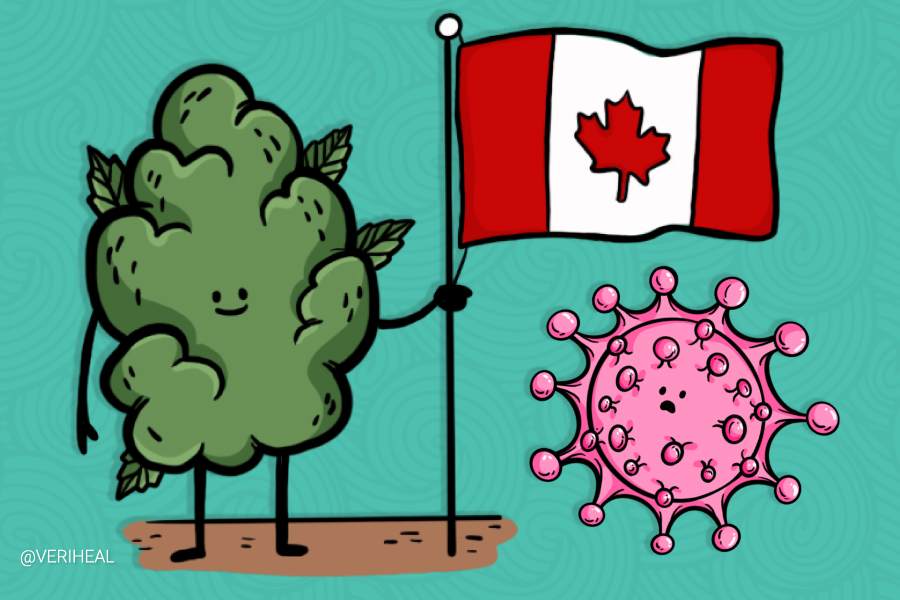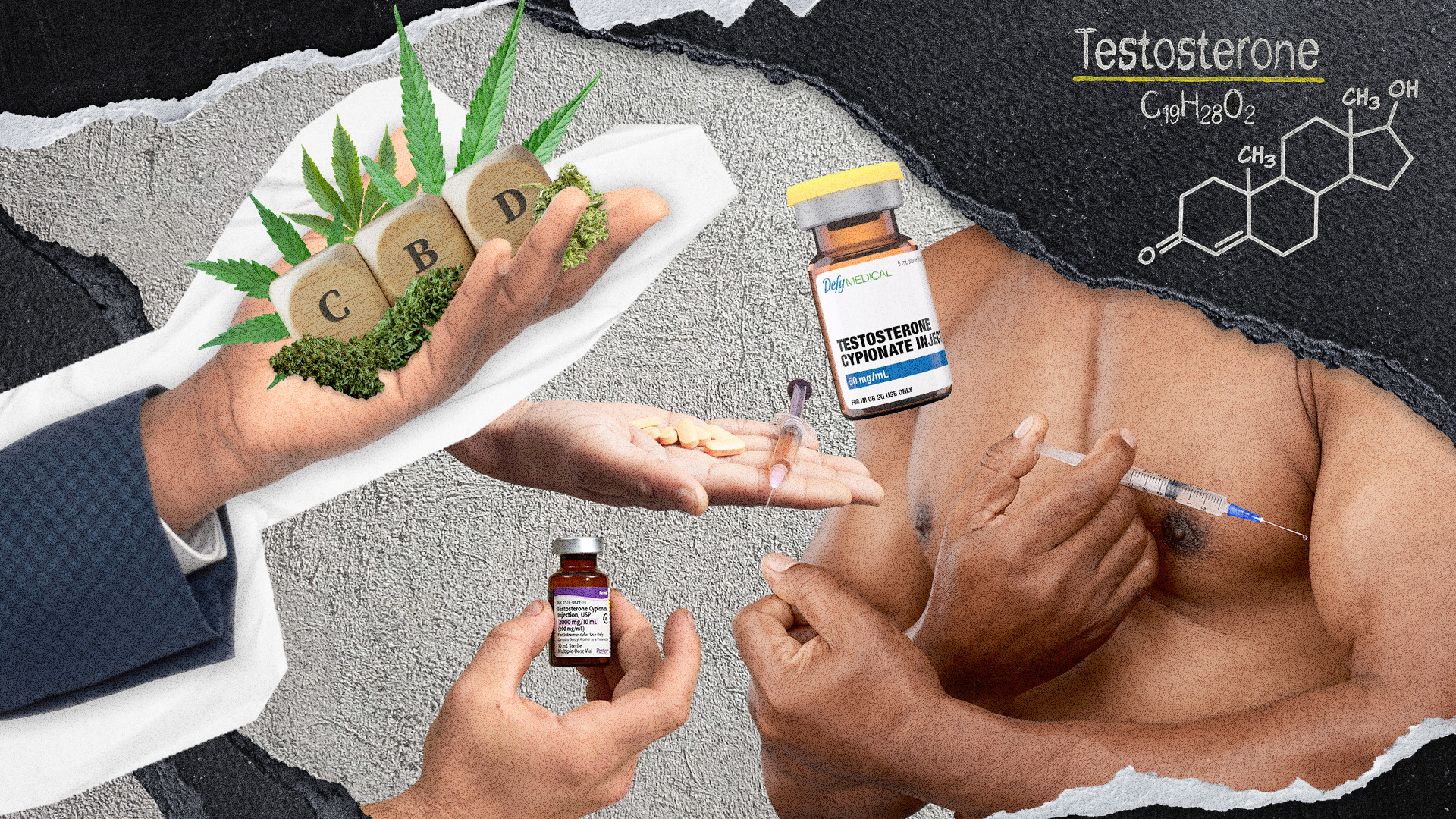The Government of Canada is investing an additional $25.8M in research to continue global efforts to address the COVID-19 outbreak. This investment is just a small portion of the $275M in funding for research on medical countermeasures against COVID-19 announced by the Canadian Prime Minister on March 11, 2020. Cannalogue, a healthcare technology company that had received Health Canada’s first direct-to-sales license for medical cannabis – is seeking approval for clinical trials in a cannabis-based treatment for COVID-19.
Cannabis And The Immune System
Scientists have long investigated the immunomodulatory properties of cannabis. Some research suggests that THC and other cannabinoids are immune-suppressants — other studies, however, suggest that cannabis can boost the immune system by increasing white blood cell count in patients with immunodeficiency disorders such as HIV. Cannalogue is conducting a research study and hoping for a clinical trial in response to the call from Prime Minister Justin Trudeau for all Canadian businesses and innovators to stand united in the fight against coronavirus.
The specialists at Cannalogue believe the active medical ingredients from the cannabis plant could potentially boost the immune system to reduce the severity of symptoms from coronavirus. The trial is intended to assess if medical cannabis could mitigate the symptoms caused by COVID-19 infection or any mutant coronavirus strains. The company has launched a website for volunteers to apply in the event the clinical trial is approved by Health Canada.
Why You Should Get Your Medical Marijuana Card
Veriheal has satisfied millions of patients nationwide by giving them access to these benefits
- Larger purchase limits
- Peace of mind
- Enhanced legal protection
- Access to higher potency strains
- Save up to 25% on cannabis purchases
- Skip the line at the dispensary
Dr. Mohan Cooray, president and CEO of Cannalogue and a specialist in Internal Medicine, Gastroenterology, and Hepatology, said that while the company is “not suggesting with current knowledge of medical cannabis that it is a prevention, treatment or cure” of the disease, “plant cannabinoids have naturally occurring immunomodulatory properties that absolutely require expedited investigation given the current global COVID-19 pandemic.”
Clinical Trials Are The Next Step For Cannabis-Based Treatment
Clinical trials are conducted to investigate whether the use of a drug is safe and effective, what dosages are most effective, and what side effects may be associated with the use of the drug. Clinical trials require the informed consent of patients and enable the healthcare community to systematically collect information about the risks and benefits of the treatment. Health Canada is working to fast-track COVID-19 related clinical trials.
Cannabis Consumption Could Treat Some Symptoms
Cannalogue’s theory is if cannabinoid receptors are stimulated before infection, they may dampen the inflammatory response that follows, which is a key factor in the severity of symptoms observed in patients. Currently, there are no therapies available for either the prevention or treatment of COVID-19. While certain products may alleviate COVID-19 symptoms, such as fever and cough, there are no proven treatments to prevent or cure.
Global Research And Data Collection Will Benefit The Healthcare Industry
Health Canada is closely tracking all potential therapeutic treatments and vaccines in development in Canada and abroad, including products that are being used off-label. Cannalogue said that in support of the medical cannabis sector and scientific research community, it will release an exclusive insider health report that reveals key medical insights on emerging therapeutic areas with respect to medical cannabis.
Author, Share & Comments
















